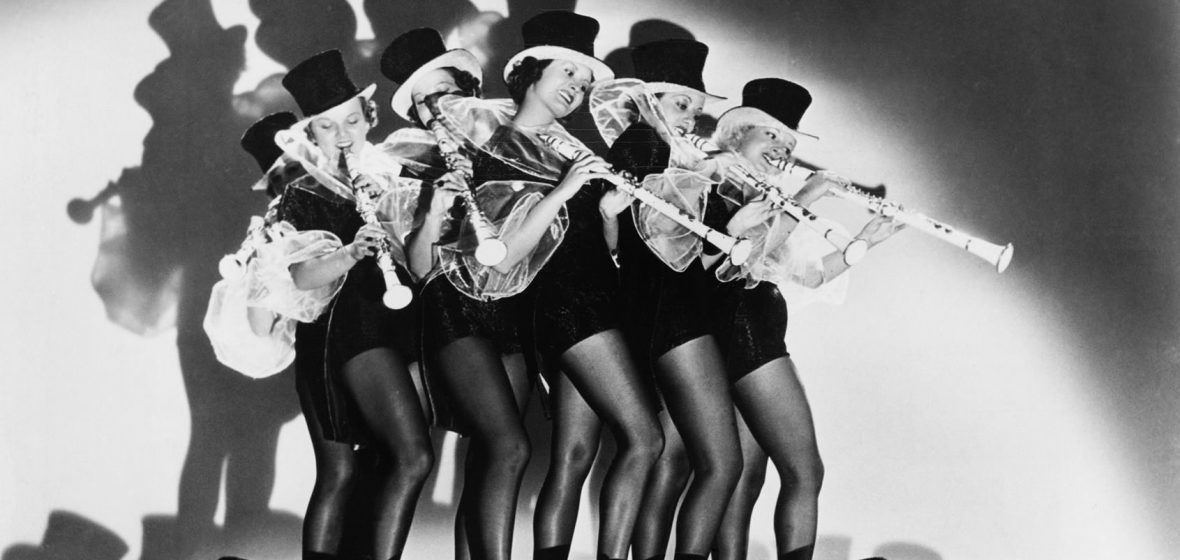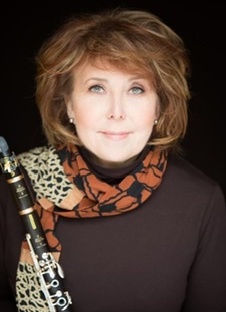Notes from Diana: Some time ago I asked colleagues what is necessary to help music majors become better prepared for our 21st century world. Many great ideas were suggested. One interesting conversation developed around the audition process for incoming college students, and how the current system might discourage students who do not have the privileges associated with being raised in a wealthier environment. Even questions on applications seem to focus on students in higher economic brackets, who have access to better instruments, regular private lessons, live in areas with large school orchestra or band programs and attend summer music camps. The question becomes: what are the goals of a college music education and what should they be? Now more than ever as we struggle with the viability of arts during the Covid-19 pandemic, I thought we might start this conversation with an excellent article by Dr. Julia Heinen, Professor of Clarinet at California State University, Northridge. Julia Heinen is known for her outstanding musicianship as a clarinetist and also for her great clarinet studio at Northridge, which is brimming with students from many backgrounds who excel in their chosen field of study. Hopefully more understanding, thoughtful conversation, and real change may ensue. I welcome your feedback in the comments below.
An Issue of Access
by Julia Heinen, Professor of Music (clarinet) – California State University, Northridge
The mission of the university that I teach at and have taught at for the past 25 years states “California State University, Northridge exists to enable students to realize their educational goals.” As a faculty member, I live this mission and have for every year I have been at a state institution. It is imperative that we serve the students of our state and offer them the opportunity to obtain a world-class education.
For the past several years, I have been bothered by comments I hear in the audition and acceptance process of potential music majors. They are the questions to our auditionees about whether or not they have had private study prior to auditioning for CSUN. I wonder if the English Department asks if a student has had private tutoring prior to applying to study English at our university. I would suspect in that case, the answer is no. In the Music Department, we receive various answers to this question: “Yes, for 4 years,” “Yes, I took 2 lessons before my audition,” and “No, I haven’t.” It makes me uncomfortable that we seem to be putting a socio-economic barrier on our prospective students. In some way are we giving them the idea that if they have not studied privately prior to auditioning, they are second-class citizens and have less chance of acceptance than students who have?
This is quite a dilemma for me as I consider the issue of access. I believe that all students auditioning for music programs in a state university should have the same opportunity and access to attend without having any additional preparation other than the education they received in their high school. We should, as the professionals, be able to assess someone who has not had the additional and often expensive benefit of private study and know that by the end of their 4-years of undergraduate education they can achieve the same (if not higher) level of musicianship than students who have had that opportunity. I realize that this will result in my having to teach more of the “craft” of playing the clarinet. I will have to demonstrate many more things than I will to students who have had prior private study. I know that it means that I might have a more difficult job ahead of making sure the plan that I have crafted for this student is one that will achieve success in their 4 short years with me. I also realize that I have to get them to learn more repertoire in this time than students who have had prior study. All of these things are fine with me. In fact, in some ways it’s easier. I hear at their audition and continue to hear in their lessons that they understand the “art” of playing music. No one taught them to replicate their teacher or a recording. They have an innate ability to play “music” whatever the genre and have a passion for sharing that with others.
While it may be true that not all these students will go on to be professional performers, it is also true that their love of music is what inspired them to come to college and pursue what they enjoyed in high school. It is at college that they find their path to another discipline but their love of music remains. As I tell my students who fear disappointing me with changing their major, “The great thing about music is that you can do it as an avocation and not as a vocation.” Dr. Julia Heinen


Well put, and I agree wholeheartedly. I would also suggest that perhaps some students who have not had the privilege of private instruction come into a new learning situation with fewer preconceived notions, less attachment (healthy or otherwise) to previous instructors and especially methods of instruction, and fewer ideas of “right” and “wrong.” Although some ways of playing are truly incorrect, some ideas that remain from previous teaching/learning situations are just less beneficial and can hinder students from moving forward if they are unable to let go of those ideas.
I love Dr. Heinen’s openness and her willingness to openly accept students of all backgrounds and experience levels.
Great point, Paula!